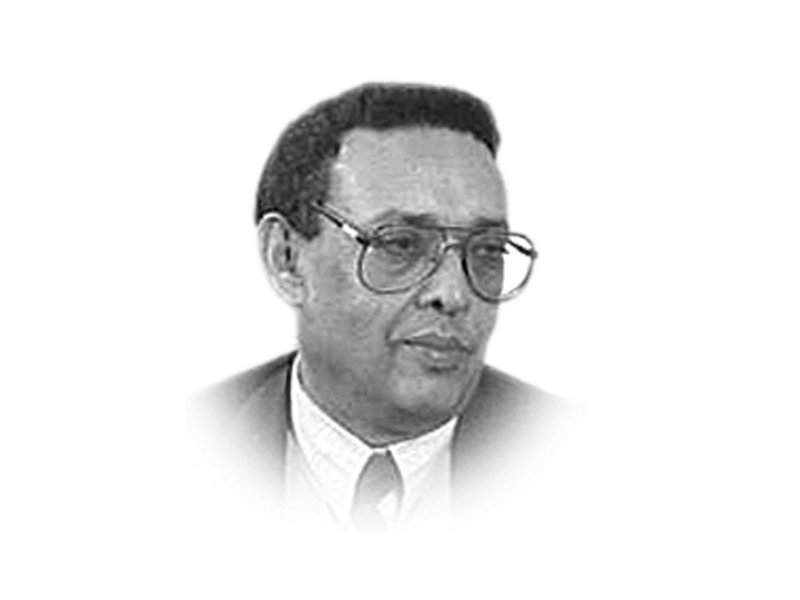
In a globalised yet fractured world brimming with conflict and chaos, it is necessary for diplomats to attain such a comprehension. This would be possible if they become culturally sensitive to appreciate diverse modes of thought and traditions. The Foreign Service of Pakistan has had a chequered past and a considerable lack of esprit de corps. It has had some brilliant and outstanding diplomats on a par with the best anywhere. But in intellectual terms, the foremost luminary in its ranks has been Ahmed Ali (1910-1994). He is hardly known today as having belonged to the Foreign Office as he is more renowned as a scholar and a writer. The Foreign Office is no abode for poets, writers and translators and that there seems to be no scope for a Pablo Neruda, Gabriela Mistral or Octavio Paz in the Foreign Service of Pakistan.
Ahmed Ali’s profound contributions to world literature are praiseworthy. His wide scholarship and mastery of several languages are admirable. In particular, his exquisite idiomatic English is a treat to peruse. In 1947, Ahmed Ali became the visiting professor of English at the National Central University of China, Nanking. He learnt Chinese there and jointly translated an anthology of modern Chinese poetry. His satirical work Rats and Diplomats is a work of fiction based on his experiences during postings in our mission in China, which he helped establish. Like Jonathan Swift’s satire, Ahmed Ali’s hilarious sardonic descriptions have an uncanny accuracy and are eerily reminiscent of some of our own Foreign Service officers.
It is a pity that Ahmed Ali’s brilliance has not been widely appreciated in our country. In contrast, his writings, especially Twilight in Delhi, are now being covered in some of the leading universities in the West. His attempts at building cultural and literary bridges between the Anglo-Saxon, Chinese, Persian, Arabic, Indonesian and South Asian domains are formidable and epochal. His perceptions of the purpose of life and the necessity of an intense inner realisation through creative works are highly relevant to us as a society in turbulence. It is also relevant to the wider world which today is deeply fissured. In such a contemporary chaos of values and interests, the diplomatic profession, in general, in every country needs to imbibe and internalise the outstanding literary, philosophical and musical experiences of humanity as whole.
At a time when the bestiality in human nature is at its peak as can be seen in the form of the barbarity and utter cruelty of the Islamic State, diplomats and scholars the world over need to tackle such an abhorrent phenomenon. The approach adopted by Ahmed Ali can prove to be a guiding light for them.
Published in The Express Tribune, February 8th, 2016.
Like Opinion & Editorial on Facebook, follow @ETOpEd on Twitter to receive all updates on all our daily pieces.

1731479848-0/Elon-Musk-and-Vivek-Ramaswamy-and-Donald-Trump-(1)1731479848-0-165x106.webp)






1729685382-0/Untitled-design-(57)1729685382-0-270x192.webp)




COMMENTS
Comments are moderated and generally will be posted if they are on-topic and not abusive.
For more information, please see our Comments FAQ